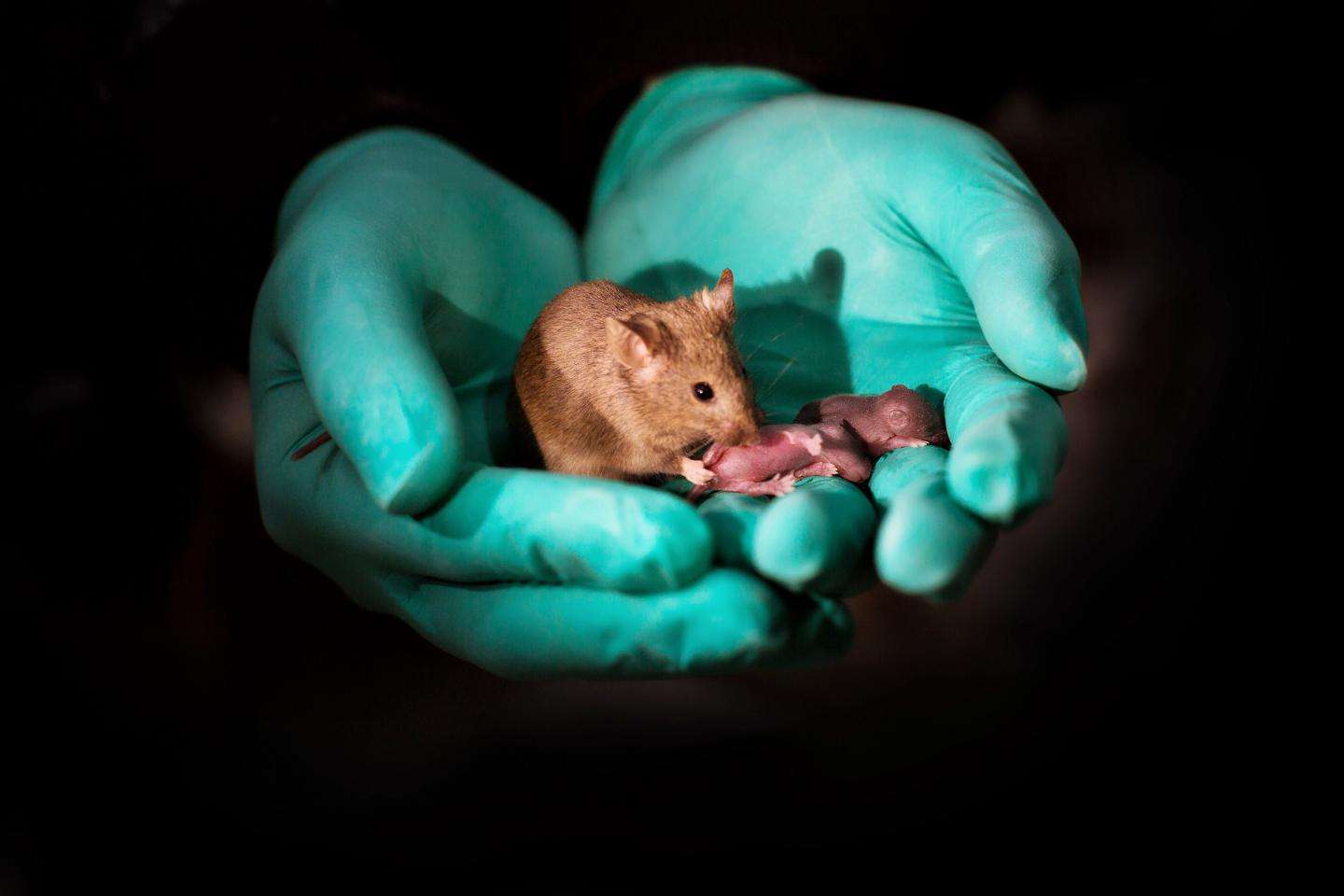
Healthy mice have been born with two genetic mothers and went on to bear healthy offspring of their own, according to a recent paper published by researchers at the Chinese Academy of Sciences. By using stem cells and gene editing, the researchers suggest that certain hurdles to same-sex parents bearing mammal offspring could be overcome. The research could pave the way for more advanced breeding methods in other mammals.
According to the researchers, the main motivation for their study was to examine why mammals — unlike reptiles, amphibians, and fish — can only reliably produce young with genetic parents from both genders.
“”We were interested in the question of why mammals can only undergo sexual reproduction,” Qi Zhou, a developmental biologist at the Chinese Academy of Sciences and senior author of the recent paper, said. “We have made several findings in the past by combining reproduction and regeneration, so we tried to find out whether more normal mice with two female parents, or even mice with two male parents, could be produced using haploid embryonic stem cells with gene deletions.”
Mammalian offspring that don’t get genetic material from both male and female parents often die or experience abnormal development, due to a mechanism called genome imprinting. That’s not the case for other animals such as reptiles, fish, and amphibians. Scientists have previously been able to create mice with two genetic mothers (bimaternal) by deleting certain genetic features, but those mice proved to not be viable, according to Zhou.
In the recent study, Zhou and his colleagues used stem cells that contained half the normal number of chromosomes, along with DNA from just one parent. They used more than 200 embryos to create 29 live mice, which they said were free from defects and grew to have babies of their own.
Using a similar but more complicated technique, the researchers also produced 12 mice with two genetic fathers, which only survived for 48 hours after birth. The researchers note that there are challenges in translating this work to other mammals but hope to expand their technique to more animals in the future.
“This research shows us what’s possible,” Wei Li, another of the paper’s senior authors, said. “We saw that the defects in bimaternal mice can be eliminated and that bipaternal reproduction barriers in mammals can also be crossed through imprinting modification. We also revealed some of the most important imprinted regions that hinder the development of mice with same-sex parents, which are also interesting for studying genomic imprinting and animal cloning.”
A paper detailing the study was published in the journal Cell Stem Cell.


